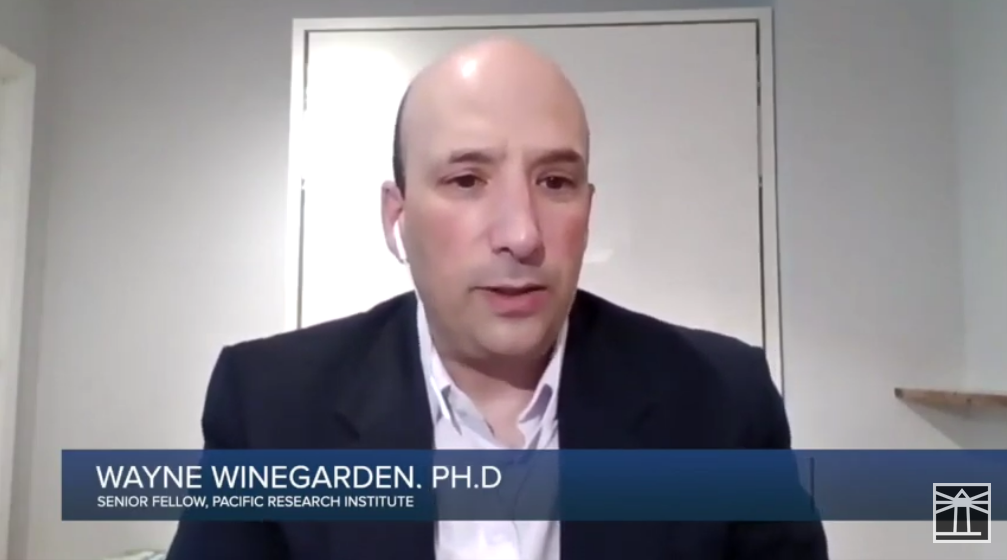We Should Not Lose Sight of the Upcoming Flu Season
As the Food and Drug Administration contemplates booster shots and a myriad of other regulatory issues related to the COVID-19 vaccine, it is essential to reiterate the importance of a vaccine that is available and recommended for every age group at no cost to the patient — the influenza vaccine. Throughout history, influenza has been responsible for far more mortality than any other individual ailment. And in the 2018-2019 flu season, the year before the COVID-19 pandemic, the Centers for Disease...


